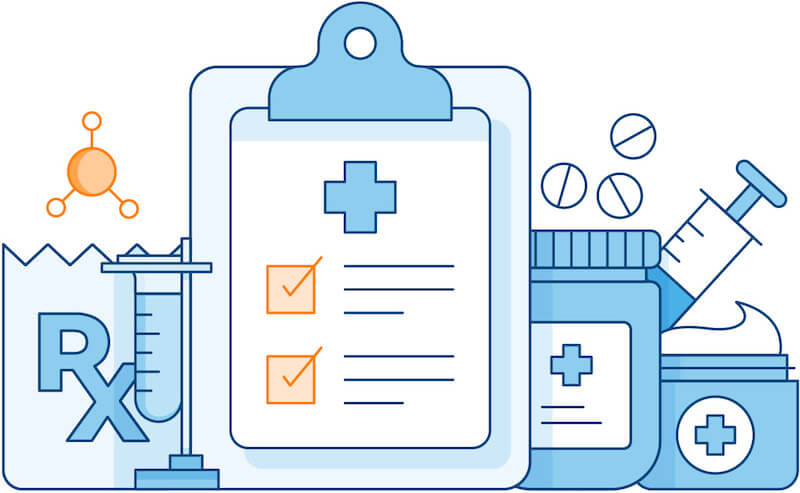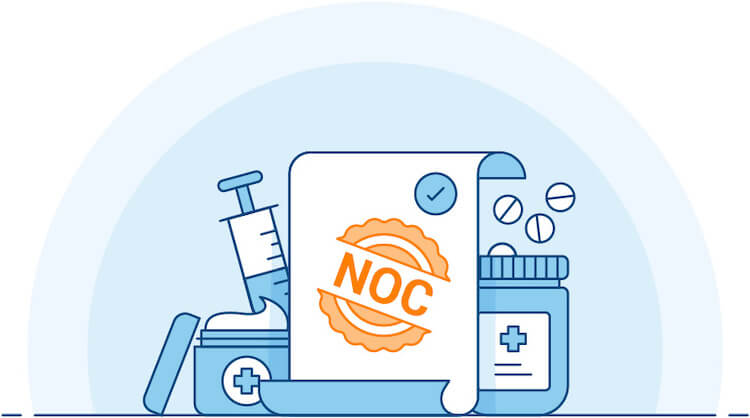When new molecules are identified as potentially helpful at treating medical conditions, they undergo a rigorous development process and may be developed into drugs to help treat a medical condition.
Clinical trials help to move medical innovation forward. Although there are risks and benefits for participants (which are assessed for each potential participant), clinical trials are essential for the development of new treatments.

When developing new drugs, researchers first conduct tests of many molecules and look at how those molecules could potentially treat a medical condition. These tests are called pre-clinical studies. Molecules may be tested in cells, tissue samples, or animals. If studies show that a molecule may help humans, the product may move to phase 1 of clinical trials.


If Canadian research requirements are met, the drug can be tested in a very small group of healthy people for the first time to understand how it works, the appropriate dosage, if there are side effects, and if it is safe. The people who carry out clinical trials are called investigators. If phase one is successful, the products may move to phase 2.
In phase 2, the drug is given to a larger group of people who have the medical condition that the drug intends to treat. The trial studies safety and how well the drug works to treat the condition. The dosage is reviewed again to find the optimal dose. If this phase is successful, the drug may move on to phase 3.


In phase 3, the drug is tested in an even larger group of people with the medical condition the drug targets. Phase 3 trials gather even more data on the effectiveness of the drug and continue to assess and monitor for side effects. Sometimes, the new drug may be compared to current treatments to understand the relative effectiveness (e.g., Is this drug better?), as well as provide an understanding of how it can be safely used.
If phase 3 of the clinical trial is successful, the drug manufacturer may seek a Notice of Compliance (NOC) by submitting the product as a drug to be reviewed by Health Canada for sale in Canada.


Phase 4 is sometimes referred to as post-marketing surveillance, and only occurs after a drug has been granted approval by Health Canada and is available to patients. This work continues for many years and answers questions related to the real-world use of the drug. Safety, side effects, and long-term benefits and risks are monitored.
Learn about the different types of eczema, tips for managing flares, and more.